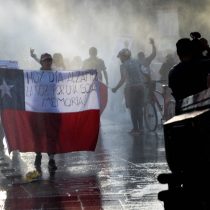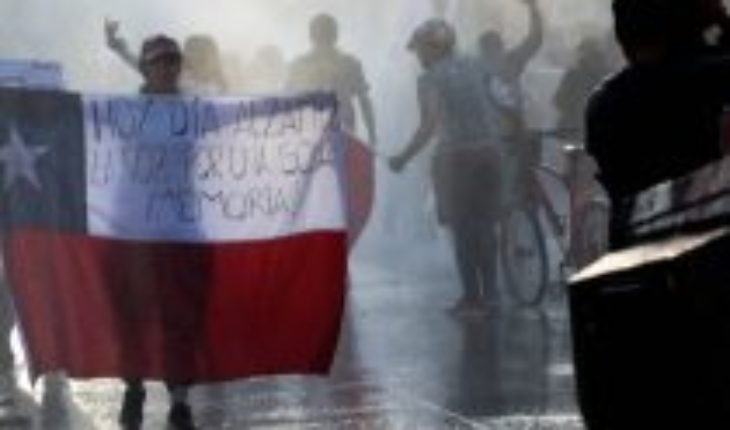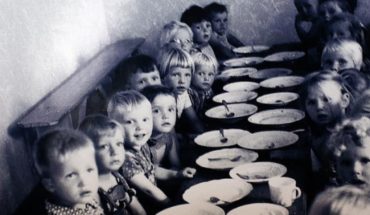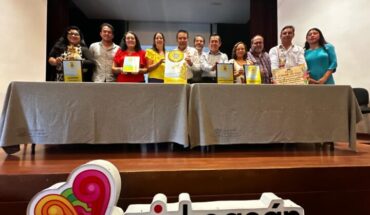
During the transition to democracy (1989-2019) the right and center-left elite used the concept of “street” to disparage the common population as a symbol of disorder, anarchy, and ignorance. The only use of the word “street” to refer to the Chilean people denoted the insolence of reducing our country’s rich human cultural diversity to a mere physical space. The elite declared itself in broad daylight and without complexes as the only bearers of the country’s order and economic progress ignoring the efforts of the people.
Despite the October 2019 social outburst, the treatment of the “street” by the elite and the official media has become frankly delusion. Most are called “peaceful,” and others are called “lumpen,” “narcos,” “terrorists,” “enemies of the state,” and causing violence in Chile. It has been intended to exclude from social outburst the “lumpen”, which has been the most sinister product of the neoliberal system itself. It is positued that it would be a “peat”, “parasites” (Briones) that “has nothing to lose”, such as their lives having no value to themselves and their courage as they faced a police force willing to kill and burst the eyes of more than 400 young people, only a product of the thirst for revenge of “losers” or “resentful”.
The perversity of the official slogan of “violence must be rejected wherever it comes from” is based on the insistence that inequality and social predation orchestrated by the revolt of Chile’s elites and the rich is not violence. Empirical evidence, however, has shown that violence breeds violence and that is what has happened in Chile. The point is how to stop the violence above so that it does not produce spirals of street violence. In this context, the discussion of the essence of the “first line” is unconducel because it does not help to understand and prioritize the fierce truth of the sacwing of the elites in Chile.
Reclaiming the factual fact that has been just the “street”, that is, the Chileans of every day, those who have generated a wealth never before seen in the history of Chile is central to the understanding of the reality of our country. Another issue is that this wealth has mainly gone into private hands (73% of the total Chilean wealth was held by 20% of the richest population, Banco Central, 2019). On the other hand, the dictatorship left the country with a per capita income of US$2,294 in 1989 (World Bank), while transitional governments managed the economy in such a way that a gross per capita income of around US$26,000 (2018) was achieved. The resources to have built a fairer society were.
The million-dollar question is what mysterious mechanism of denial about dangerous economic and social inequality, led the political elite to think that this immorality could eternize in time? Were we facing a “paper” state, or perhaps, in the “despotic” state? (Acemoglou/Robinson). Apparently she was a hearty mix, but there she hadn’t been democratic there.
It is interesting to recall the November 2000 strike on Chile’s ports during the rule of former President Lagos because he expressed early in one example, among many, and with brutal crude crude crudeness the peak of political arrogance and genuine contempt for the demands of the “street” in “progressive” and business political sectors.
Non-compliance with state promises to compensate victims of port privatization with new jobs, re-training courses and minimum pension granting for those who were left unemployed, seventyd the patience of dockers’ unions and saw no alternative but going into national unemployment.
Former President Lagos was traveling in Uruguay and with virtually monarchical tones threatened stevedores with “withdrawing” even the benefits they had already “granted” in 1999. But it was his bi- Minister of Transport and Public Works, Carlos Cruz, who expressed the essence of the claution of the democratic ideals of that government, when he declared to El Mercurio on February 24, 2020: “We are the ones who set the limits and say how and how it is negotiated,…., the Government will not accept its formulas. They are the ones who have to accept ours.”
After million-dollar losses, the pressure of the strike forced the government to negotiate to resolve the conflict, while the president of the Exporters’ Association Ronald Brown, called the labor demands “minutiae” and congratulated the government for having acted to stop the “chaos” and “uncertainty” caused by that strike to the private sector and so-called foreign investors.
This way of managing social conflicts would be repeated time and time again during all the governments of the Concertación, New Majority and the Right until the social outburst of October 2019. The state’s formula at the service of the private against the “street”, which was the one that generated the wealth, was reeling long ago. It was a deadly triangle, where only the “street” was a loser. Neither had the capacity nor the political wisdom to understand that by excluding the population from its fiscal role over central power, not only did the country’s democratic development, but also move towards a greater accumulation of wealth.
The unmistakable political choice for denying the fruits of growth to the “street” put the whole institutionality at the service of political and economic greed. In Chile, the social outburst was preceded by a real revolt of the rich based on the Constitution of ’80 that does not want to end. As long as that doesn’t change, Chile’s stability is in jeopardy. Accepting this devastating basic truth is key to moving forward. Everything else is “fake news”.
The misinformation and manipulation of the official media has claimed to pose that the “street” has only anger, squeals and attacks the so-called “forces of order.” But there is an undeniable advance in the strengthening of democracy: it was the “street” that, despite the regrets, has come out to control the social disorder imposed by the Chilean elite thus fulfilling in an exemplary way with its democratic duty. By rejecting abuse, the “street” shows greater civilisational awareness than the national elite.
Business leaders will no longer be able to propose that “when the street commands the country disbands”, (Lamarca, 2003) because it has been the opposite: the political-business and military elite evidently led to the current political, economic and social chaos that the country suffers. The street complied: it generated wealth, but the elite failed and allowed a privileged few to appropriate it.
Without the “street” in our Chile there would be no hope to put an end to elitist corruption. The “street” has shown that peace is achieved with freedom and respect for people’s needs, without classism or racism, without xenophobia or machismo and with decent institutions. They have understood that inequality is pure violence.
Now, those groups of the political elite that still believe in democracy and are able to join the new political and social groups are on duty. “Chile Despert” expresses the public’s understanding that leaving the government to central power without its audit ingencing contest has been devastating to their own well-being. From this sanity emanates the potential civilizing power of the “street”.
The content poured into this opinion column is the sole responsibility of its author, and does not necessarily reflect the editorial line or position of El Mostrador.





